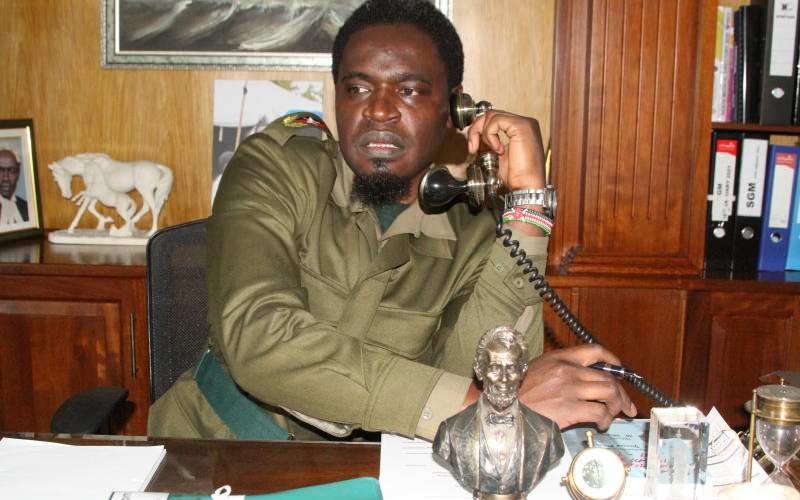×
The Standard e-Paper
Home To Bold Columnists

Like a confounding hurricane, Nelson Andayi Havi swooped down on Law Society of Kenya in 2020, turned it inside out in two remarkable years, and left Gitanga Road offices to whence he came from.